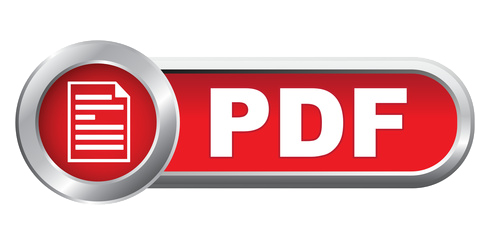Technical / Mechanical & Utility Engineering
Air Bag Filters
TM217
No Schedule Course Found, You can Request Schedule or ask for a proposal to get as in-House for your team. Request eProposale
This course will enable participants to acquire knowledge and develop skills on how to implement a systematic and effective preventive maintenance and performance monitoring procedure for air bag filters also it will enable participants to be ready as a competent person to operate air bag filters after complying with other requirements. also it will be good for the industry by minimizing the occurrence of breakdown of cyclones that may result in non compliance with emission standards.
- Introduced to the principal similarities of and differences between bag filters and other filters
- Able to identify the two major applications and two major limitations of both bag filtration and other filtration.
- Able to identify the main components of bag filtration systems.
- Able to identify the characteristics of source water that can impact the effective operation of a bag filter system.
- Aware of the reasons why site specific piloting should be considered prior to installing a bag filter system.
- Receive an explanation of the advantages and disadvantages of air bag and filtration systems.
Operations and Industry personnel who have been given the task to operate or supervise the operation of air bag filters on industrial premises
Overview of Filter Bag (Bag house)
Basics of Baghouse operation
o Principles of operation
o Basic operating parameters
Mechanisms of filtration
Air to cloth ratio
Bag cleaning
o Types of baghouses
Shaker
Reverse-Air
Pulse-Jet
o Specific maintenance concerns for each type of dust collector
o Industry best practice guidelines for engineering:
New dust collection systems
Upgrading or replacing old systems
Configuring existing units
o Combustible dust overview
Types of combustible dust
Implications of combustible dust on dust collection systems
How to conduct hazard analysis for combustible dust applications
Prevention and protection against combustible dust hazards
Maintenance procedures
o Bag changing
o Structure repair
o Hopper cleaning
o Airlock/conveying system
o Leak testing
o Diaphragm/solenoid valve repair
o Troubleshooting common problems
Common problems
Possible causes
Remedies
o Preventative maintenance
Suggested Maintenance Planning & Scheduling
o Sample suggested schedule
o How to determine when to conduct various procedures
o Conducting inspections
o Identifying problems during inspections
o Identifying remedies for common problems
Operation Guidelines
o Differential pressure ranges
o Factoring filter service life
o Startup procedures
o Shutdown procedures
o Inlet/outlet temperature
o Cleaning cycle settings
o Emissions compliance and monitoring
o Maintenance/Upgrade planning
Baghouse safety procedures
o Bag change out
o Inspections
o Structural repairs
o Leak testing
o Inspections
Bag changing
o How to remove bags in the fastest, most efficient way
o How to avoid damaging bags during install
o How to ensure proper installation of bags to prevent leaks
o How to diagnose problems with the system during a bag change out (this is the best time to identify problems with the unit)
Baghouse inspections
o What to look for during an inspection
o Easily overlooked indicators of problems
o Developing and implementing a preventative maintenance program for dust collection systems
Baghouse repair
o How to repair leaks
o Dealing with corrosion issues
o Insulating the unit
Dust Collector Leak testing
o Conducting a leak test
o How to detect leaks in the bags, structure, inlet/outlet, pickup points, etc.
o How to calculate how much leak powder to use, etc.
- Presentation & Slides
- Audio Visual Aids
- Interactive Discussion
- Participatory Exercise
- Action Learning
- Class Activities
- Case Studies
- Workshops
- Simulation
Terms & Conditions
ACTrain reserves the right to alter the Course Schedule without Prior Notification, Fees Quoted are Subject to Terms & Conditions Outlined in ACTrain's Registration Policy







